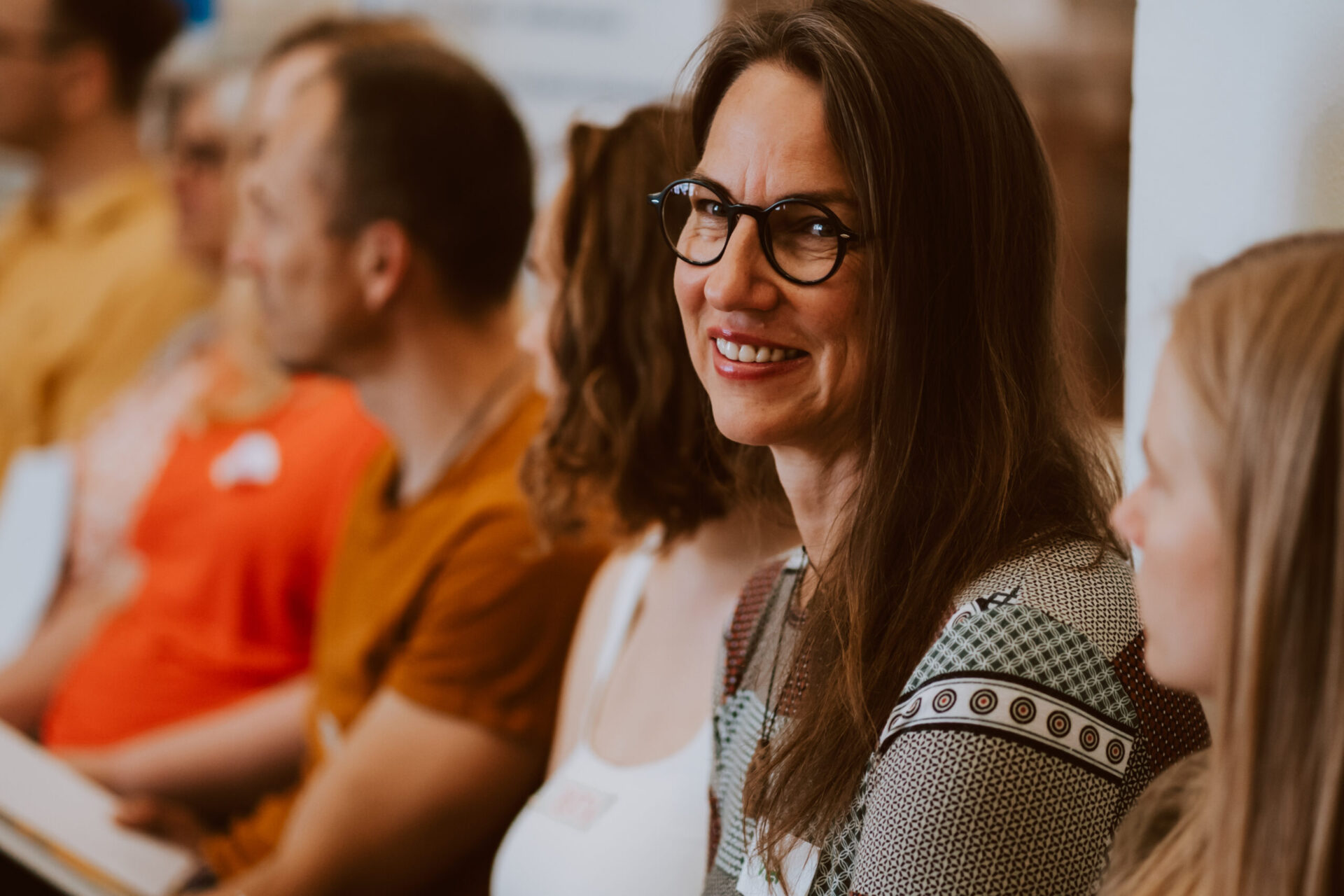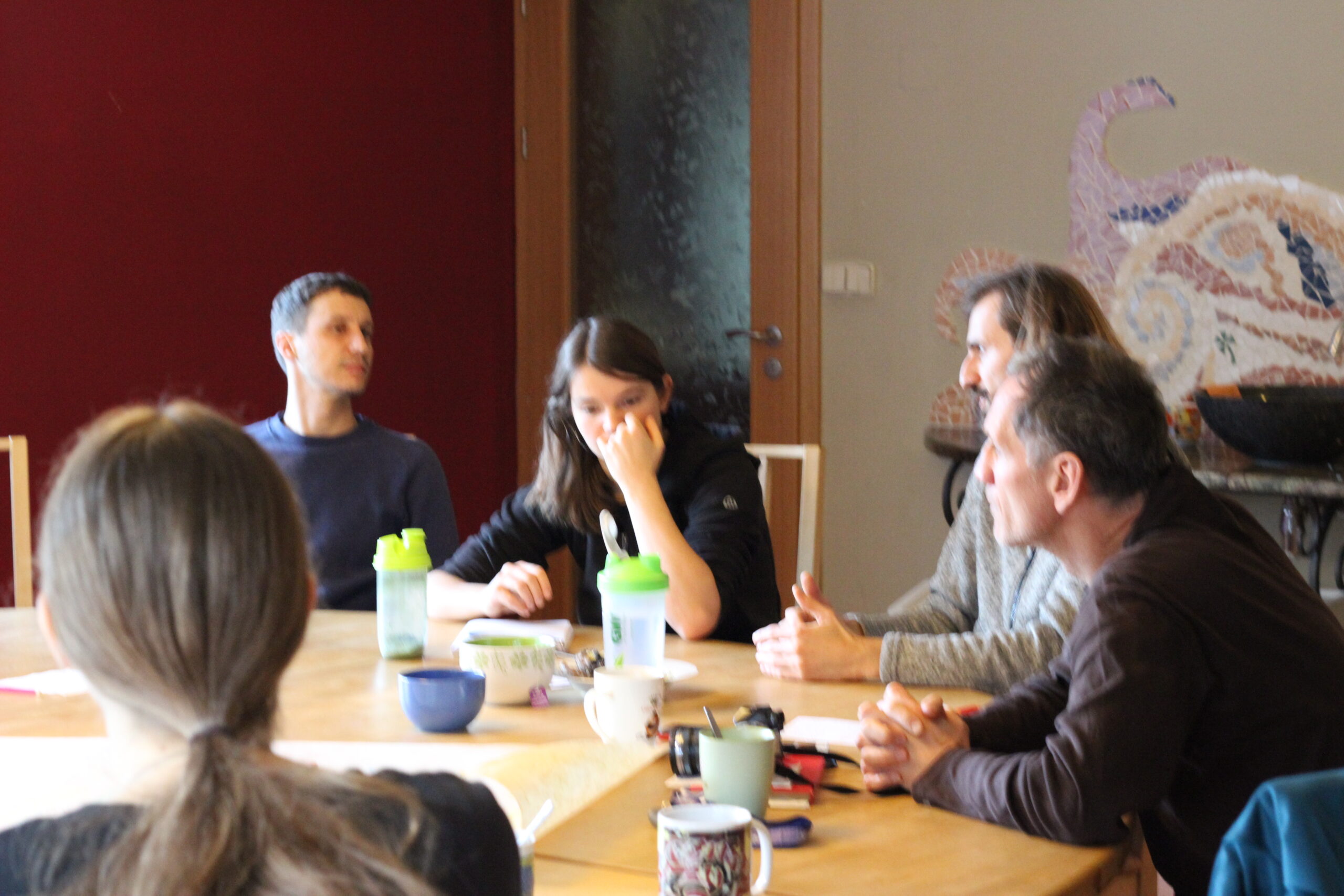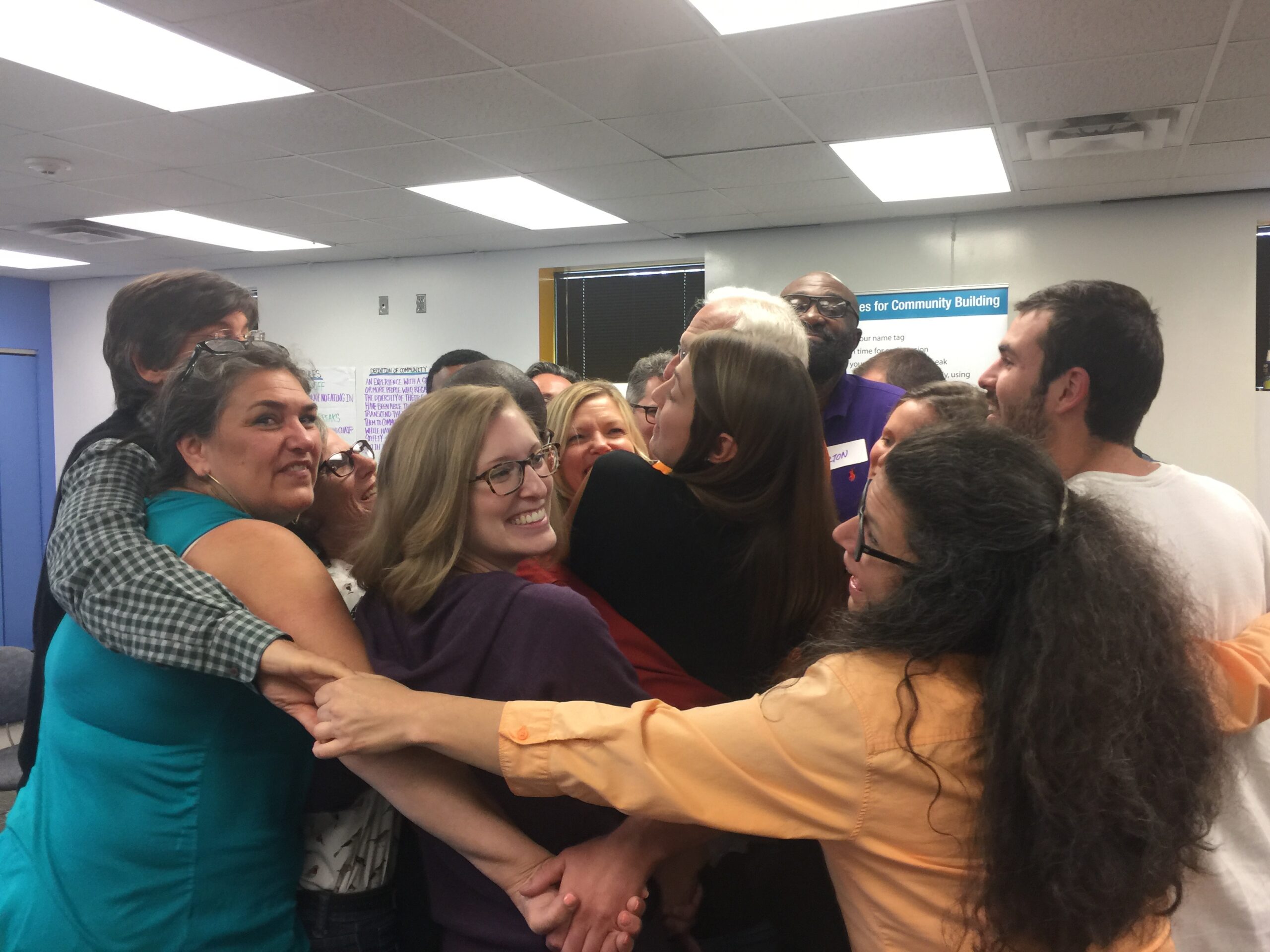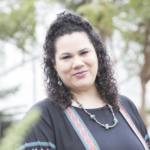Helping our communities grow
COMMUNITY SERVICES
HUMAN SERVICE, CRIMINAL JUSTICE, GOVERNMENT
NON-PROFIT, COMMUNITY, HEALTHCARE

Better Outcomes
Finding cost-effective methods that significantly enhance the outcomes of health, human service, criminal justice and other programs is everyone’s business—and a top priority for government, healthcare, nonprofit and community agencies in current times.
CEUs (Continuing Education Units) and PDHs (Professional Development Hours) available for: Psychologists, Social Workers, Counselors, Case Workers, Nurses, Physicians, Teachers, Government Officials, Correctional Officers, Law Enforcement, Lawyers, Engineers

Common Needs
Improving Outcomes (Reentry, Job Acquisition & Retention, Welfare/W2, Addiction Recovery, Youth, Juvenile Detention, Physical/Sexual Abuse)
CEUs (Continuing Education Units)/Staff Development
Increase Enrollment and Completion Rates
Trauma Informed Care

Challenges
Reduce Client Trauma, Adverse Childhood Experiences (ACEs)
Self-Care, Burnout, Compassion Fatigue
Overcome Client Resistance
Neighborhood Strengthening
Violence Reduction And Community-Police Relations

Aspirations
Emotional Intelligence
Build Genuine Collaborations
Communication and Facilitation Skills
Leadership Development
Team Effectiveness
Facilitator Training and Certification

Community Building + Existing Programs = Improved Outcomes
Download our Whitepaper on how Community Building improves outcomes in health, human service and criminal justice programs.
Better Outcomes
A fundamental principle of Community Building is inclusivity, we welcome all who wish to participate. At the same time, Community Building is not for everyone. There is an old saying: What you put into something is what you get out of it. Community Building asks you to invest yourself in the process and commit to:
-
- Self-reflection and discovery
- Learning together
- Depth of communication
- Taking risks when appropriate
- Willingness to “hang in there” and “trust the process”
Now, that you know the kind of individuals that we serve and work with, and the needs and aspirations we help them address, learn more about our Programs and Services.
Testimonials
Research
The importance of social connection and community
From 2023 USA Surgeon General Report:
Social connection is a significant predictor of longevity and better physical, cognitive, and mental health, while isolation and loneliness are significant predictors of premature death and poor health.
Lacking social connection can increase the risk for premature death as much as smoking up to 15 cigarettes a day.
Let's Connect!
The benefits of social connection… influence an individual’s educational attainment, workplace satisfaction, economic prosperity, and overall feelings of well-being and life fulfillment.
Social isolation is arguably the strongest and most reliable predictor of suicidal behavior among samples varying in age, nationality, and clinical severity.
Loneliness and social isolation among children and adolescents increase the risk of depression and anxiety.
Almost half of Americans (49%) in 2021 reported having three or fewer close friends.
Research has shown that more connected communities enjoy higher levels of well-being.

THE LONELINESS EPIDEMIC
The rate of loneliness among young adults has increased every year between 1976 and 2019
Poor social relationships were associated with:
- 29% increase in the risk of heart disease
- 32% increase in the risk of stroke
- increased risk for anxiety, depression, and dementia
- increase susceptibility to viruses and respiratory illness
50% of adults in the U.S. reported being lonely in recent years — and that was even before COVID-19.
Lacking social connection and community… is associated with a significantly increased risk for early death from all causes.
A culture of connection is vital to creating the changes needed in society.

THE LONELINESS EPIDEMIC
Trust in each other and major institutions is at near historic lows. Levels of polarization are at near historic highs. These phenomena combine to have widespread effects on society.
Loneliness and isolation represent profound threats to our health and well-being. But we have the power to respond. By taking small steps every day to strengthen our relationships, and by supporting community efforts to rebuild social connection, we can rise to meet this moment together. We can build lives and communities that are healthier and happier. And we can ensure our country and the world are better poised than ever to take on the challenges that lay ahead. Our future depends on what we do today.
“Real community means the willingness to help each other in making our brokenness into the gateway to joy”. – Henri Nouwen

